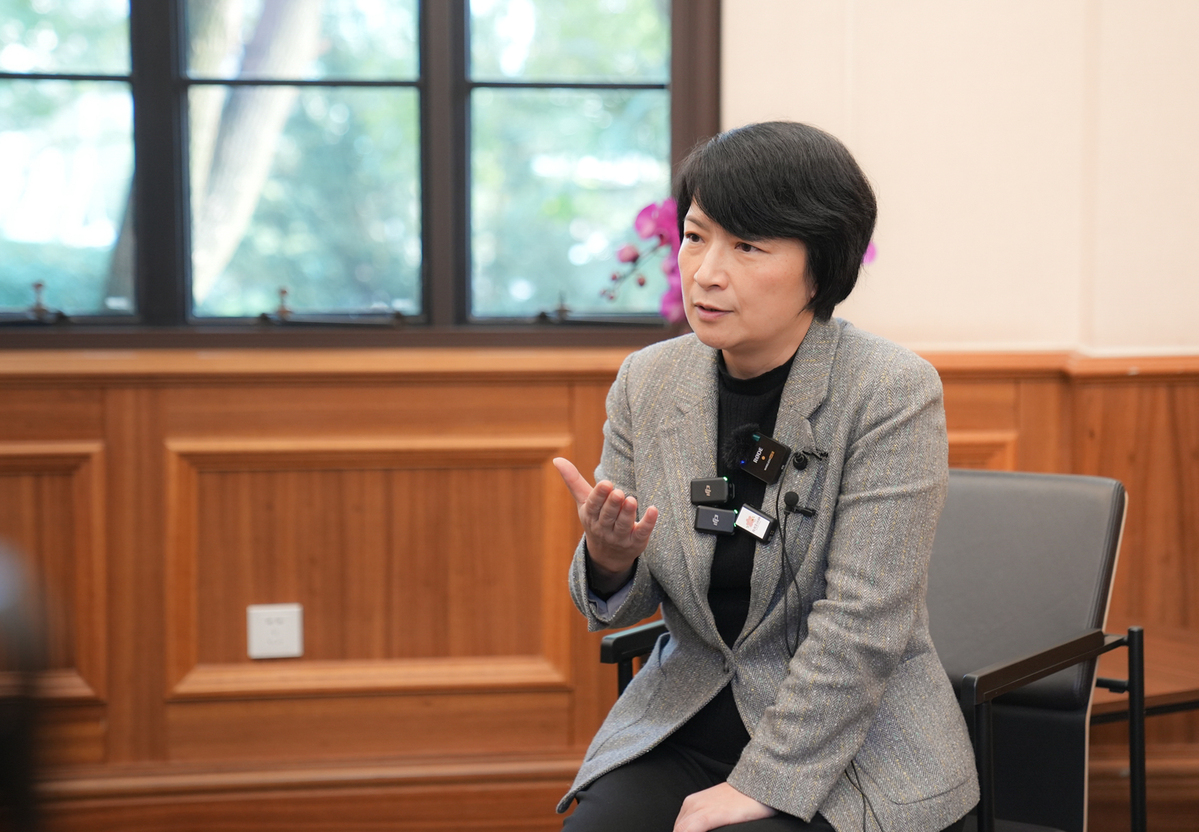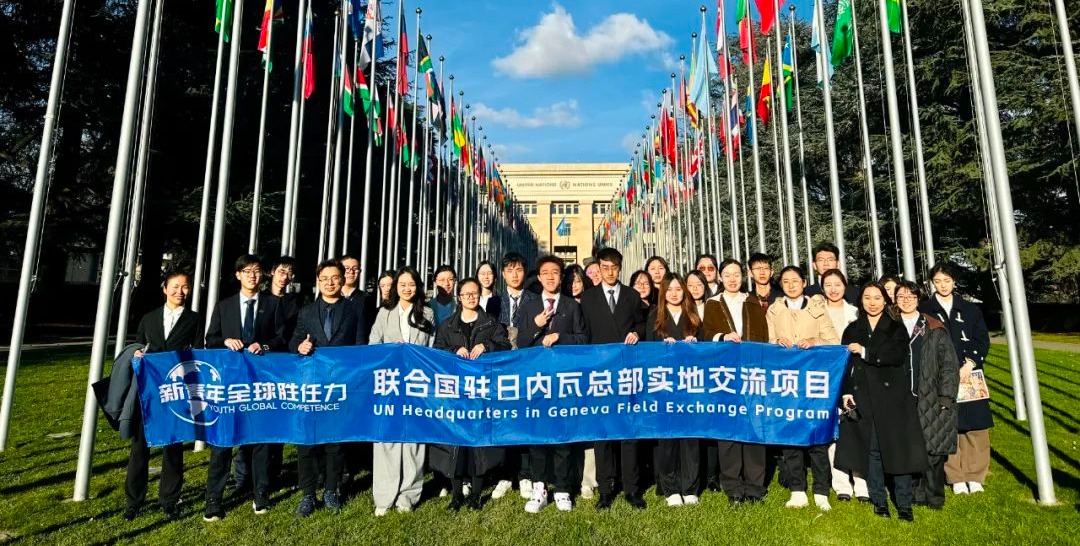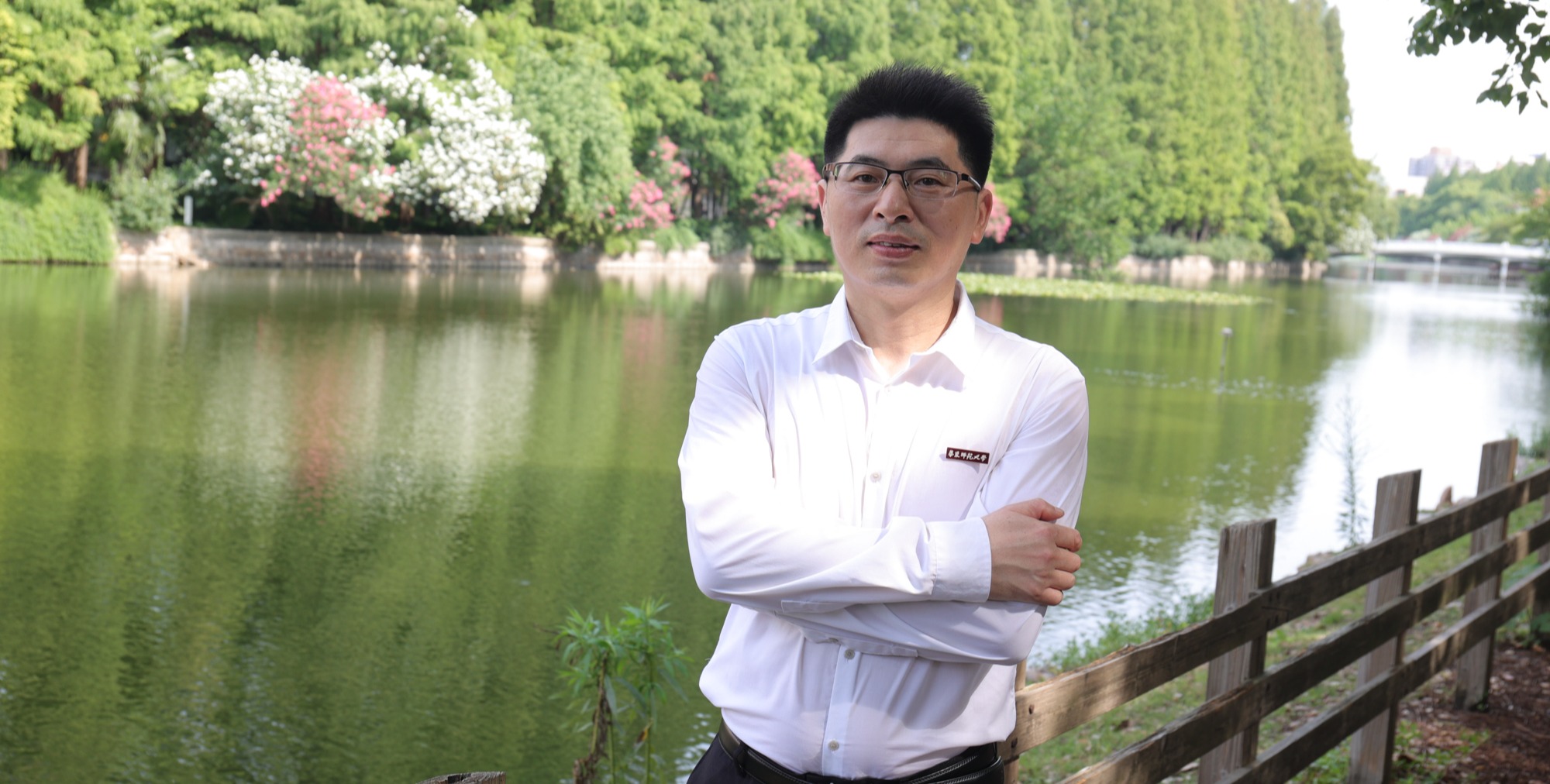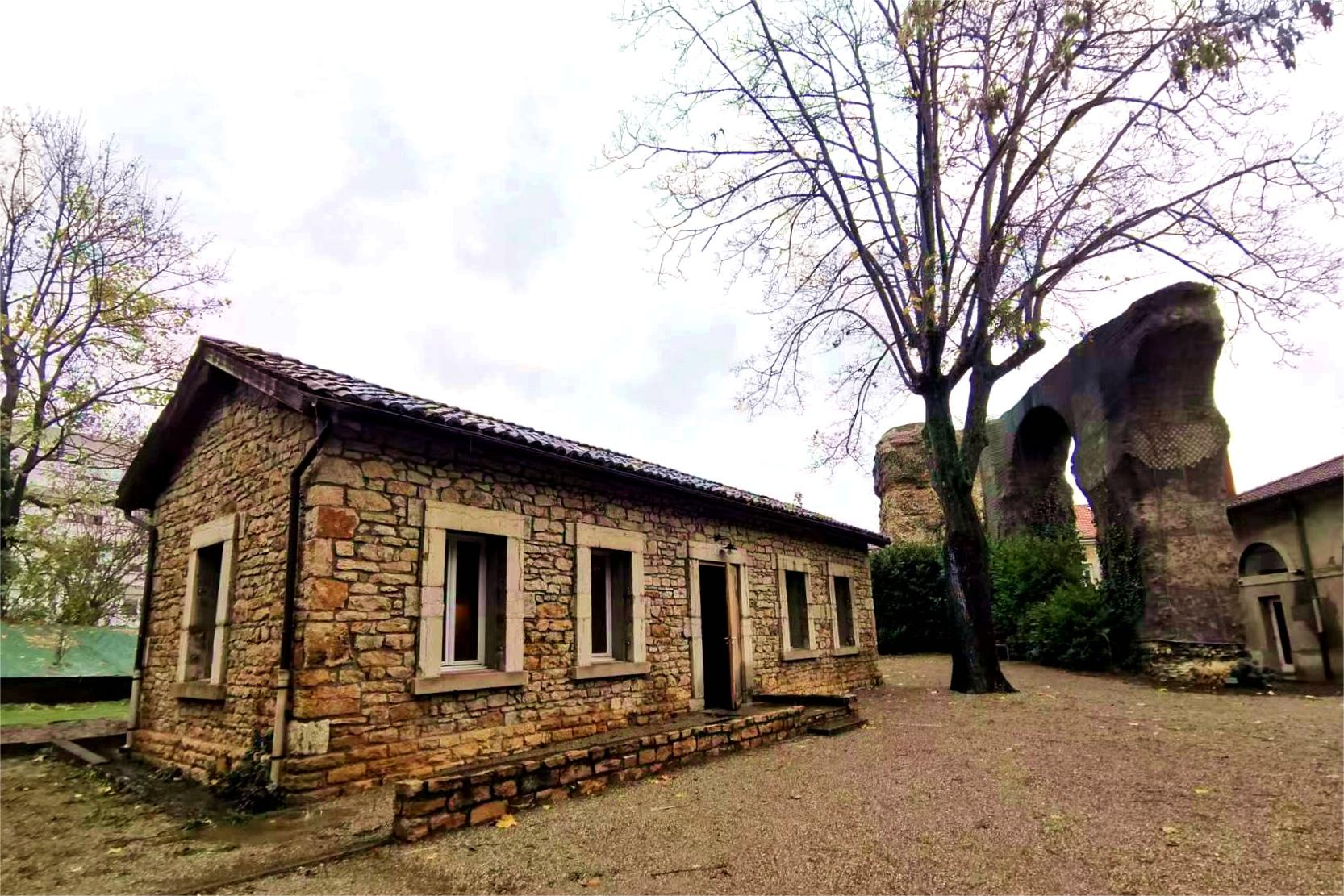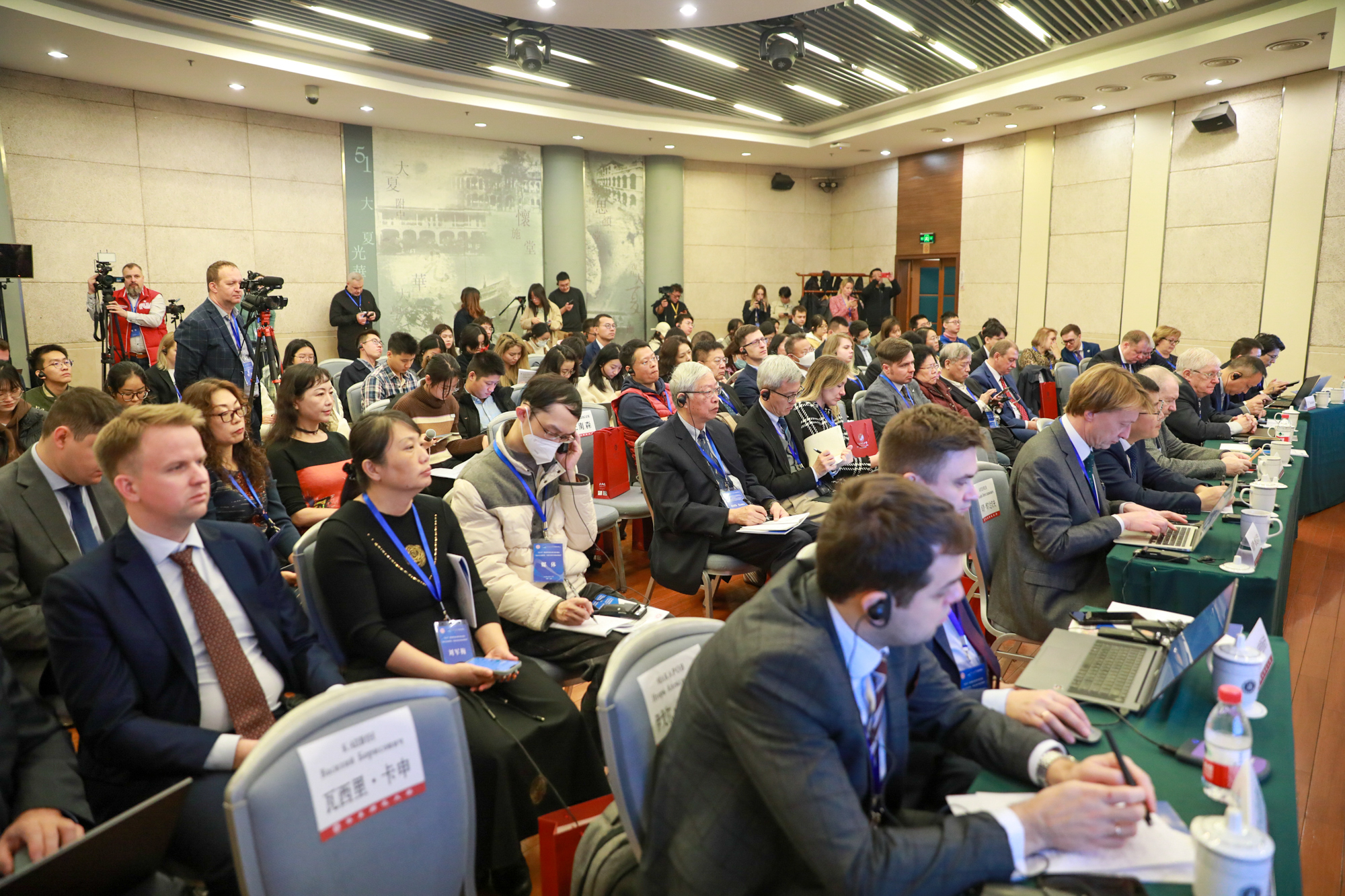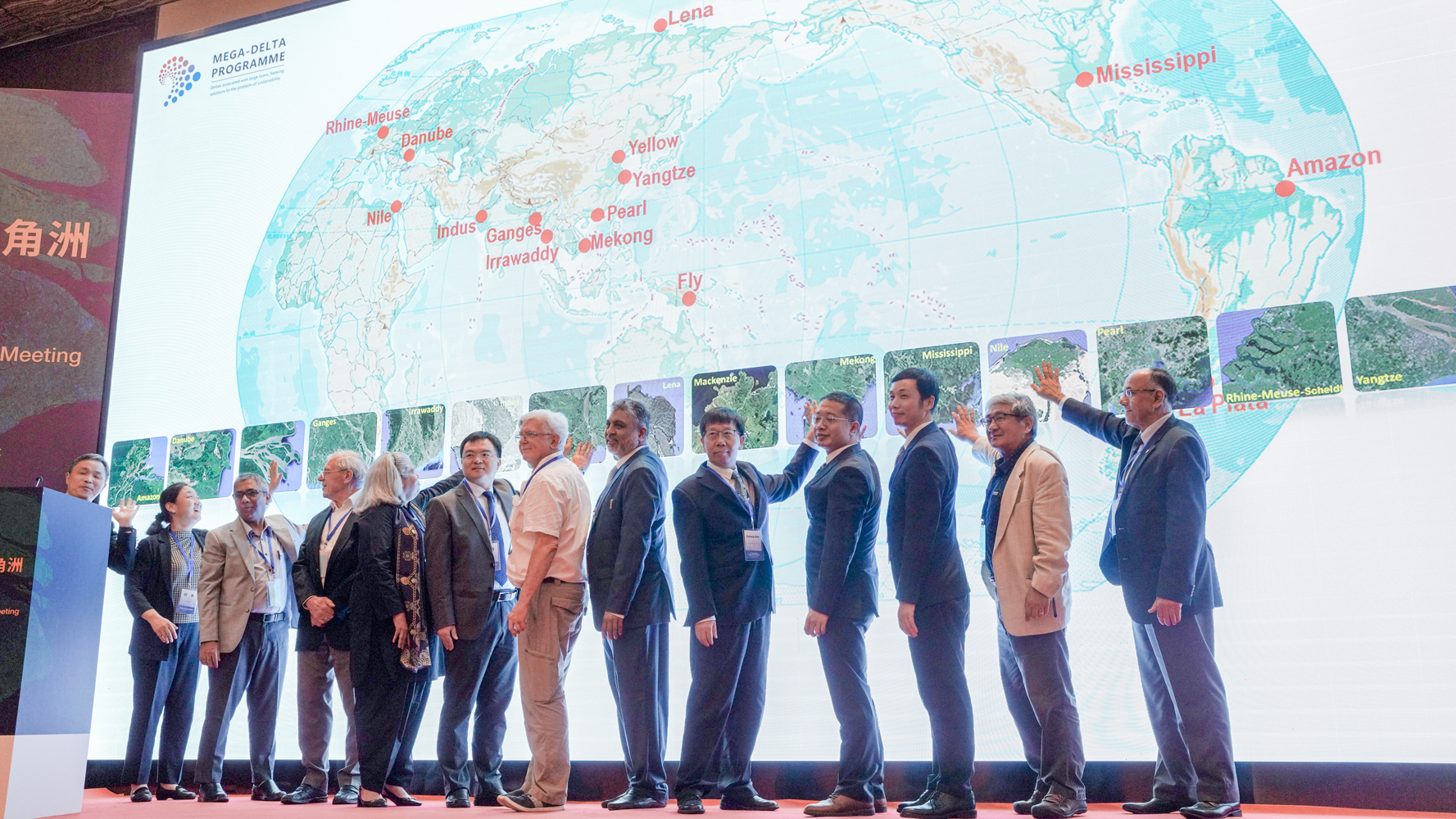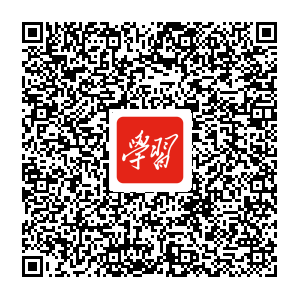On October 1, the world-class scientific journal Science released a special issue titled “70 Years of Excellence: ECNU’s ongoing commitment to cutting-edge, cross-disciplinary research”, introducing ECNU’s achievements to the world over the last seven decades.
This special issue of Science celebrating the 70th anniversary of ECNU introduces the university over three sections covering 60 pages.
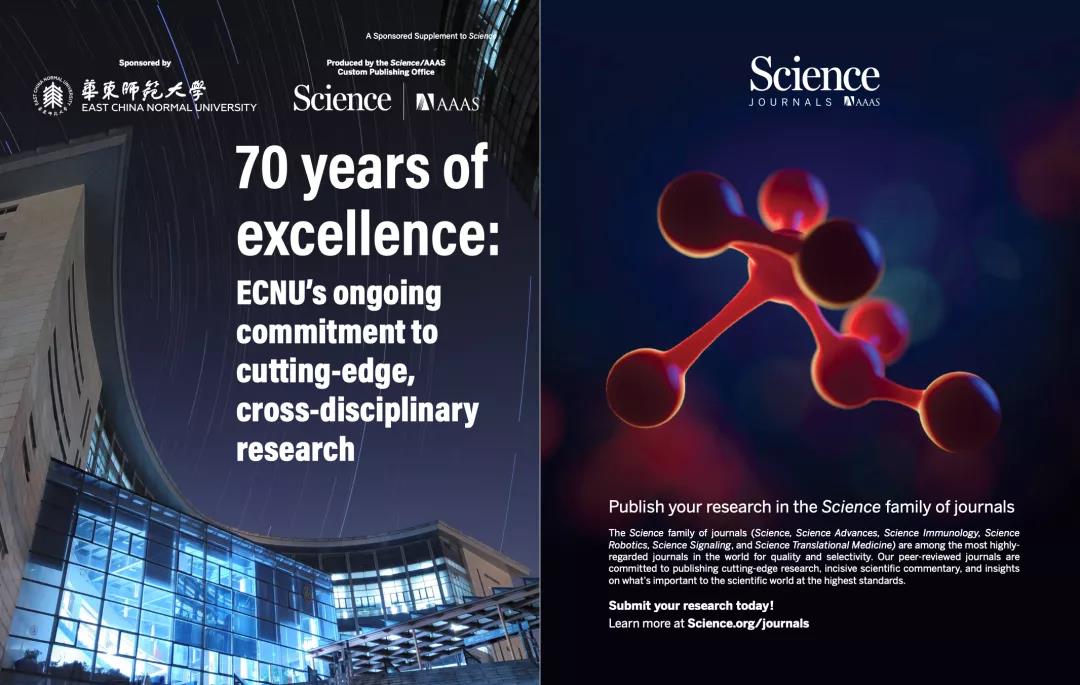
Section I comprehensively summarizes university profiles, disciplinary development and scientific research platforms. Section II is centered around characteristic disciplines and projects, showcasing a number of pioneering and leading research projects that feature an international perspective. Section III shares practices and achievements in Humanities and Social Sciences, Mathematical Sciences and other disciplines.
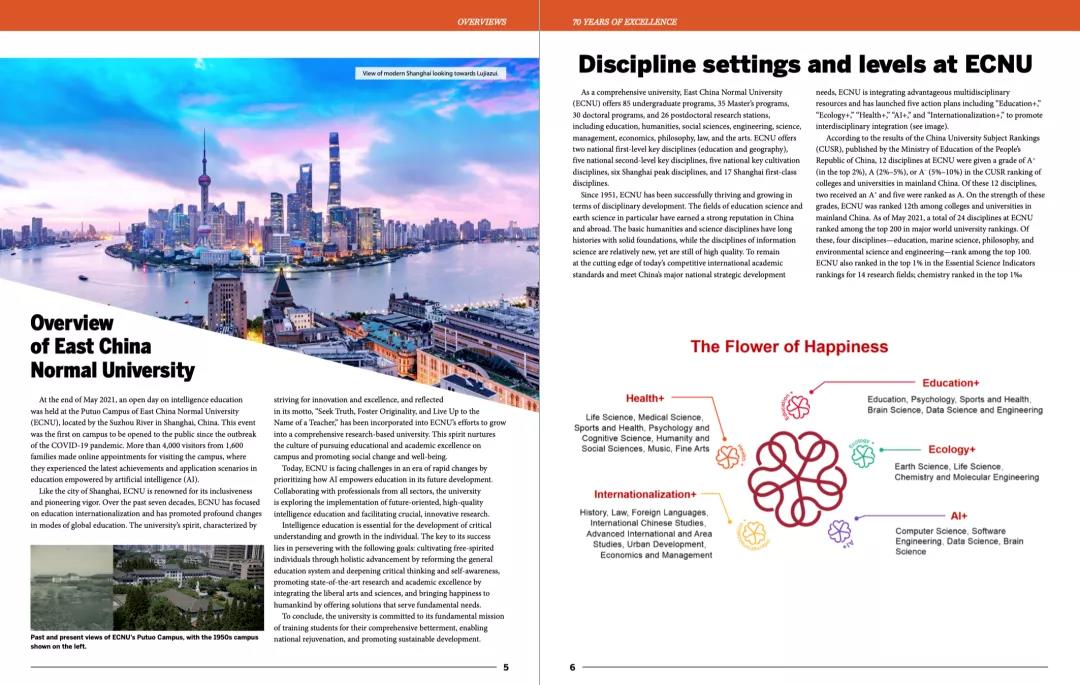
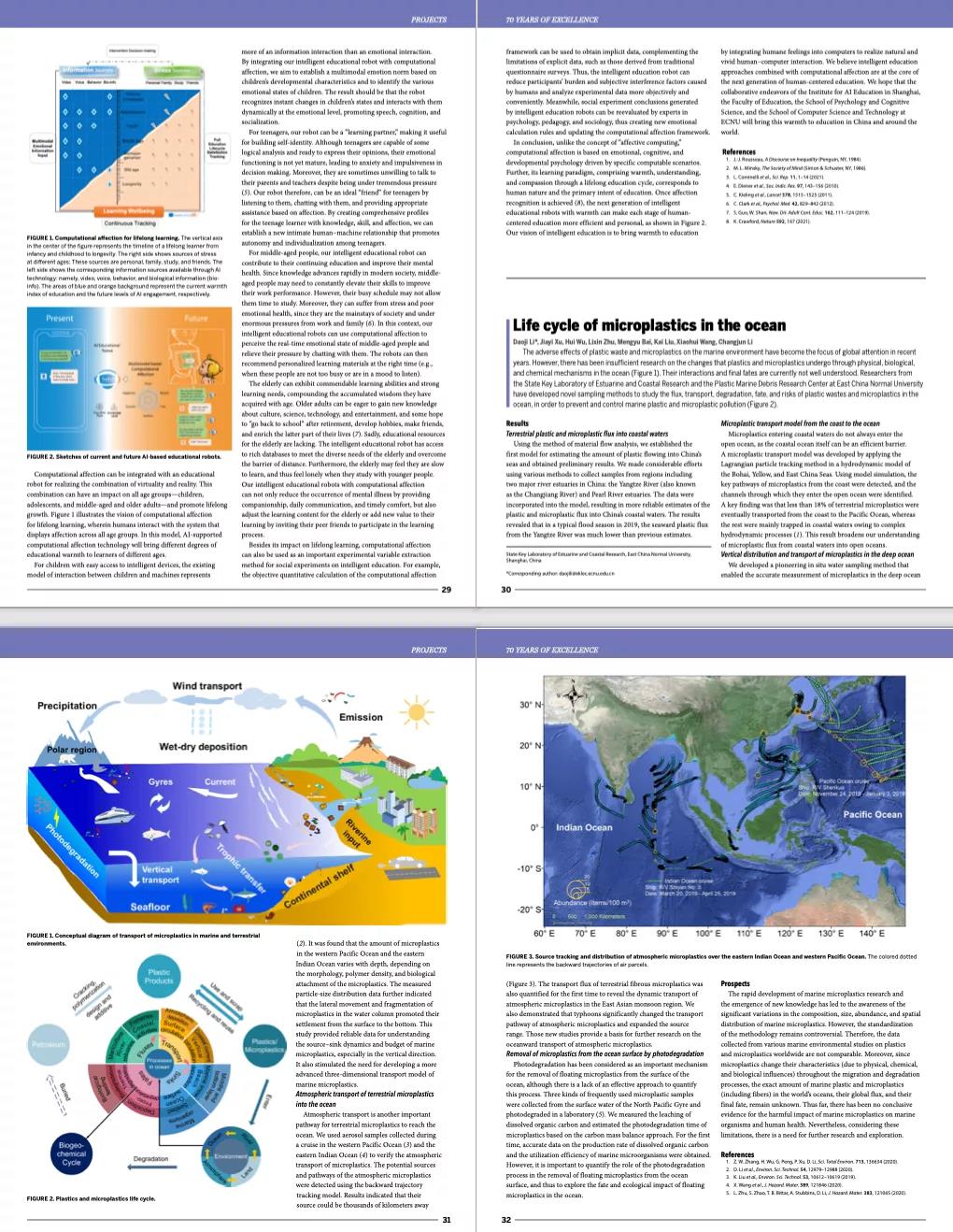
The senior editor of Science/AAAS Sean Sanders launches this special issue with an editorial introduction entitled Grounded in the past, looking to the future: ECNU at 70.
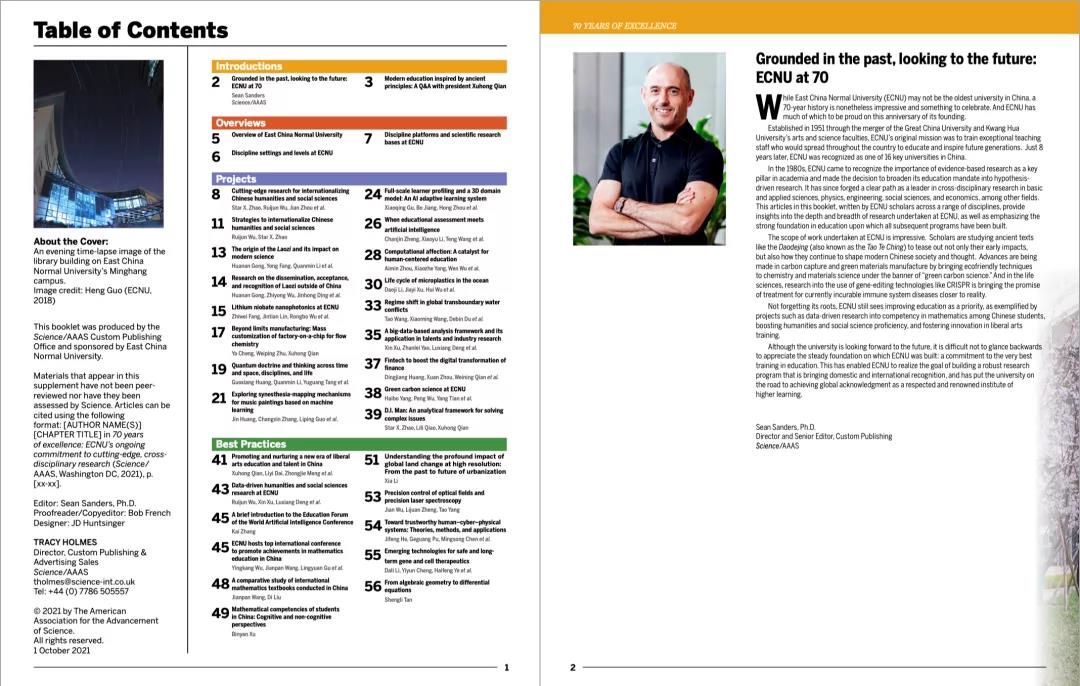
President Qian Xuhong was interviewed on the topic of Modern education inspired by ancient principle. The full interview is shared as follows:
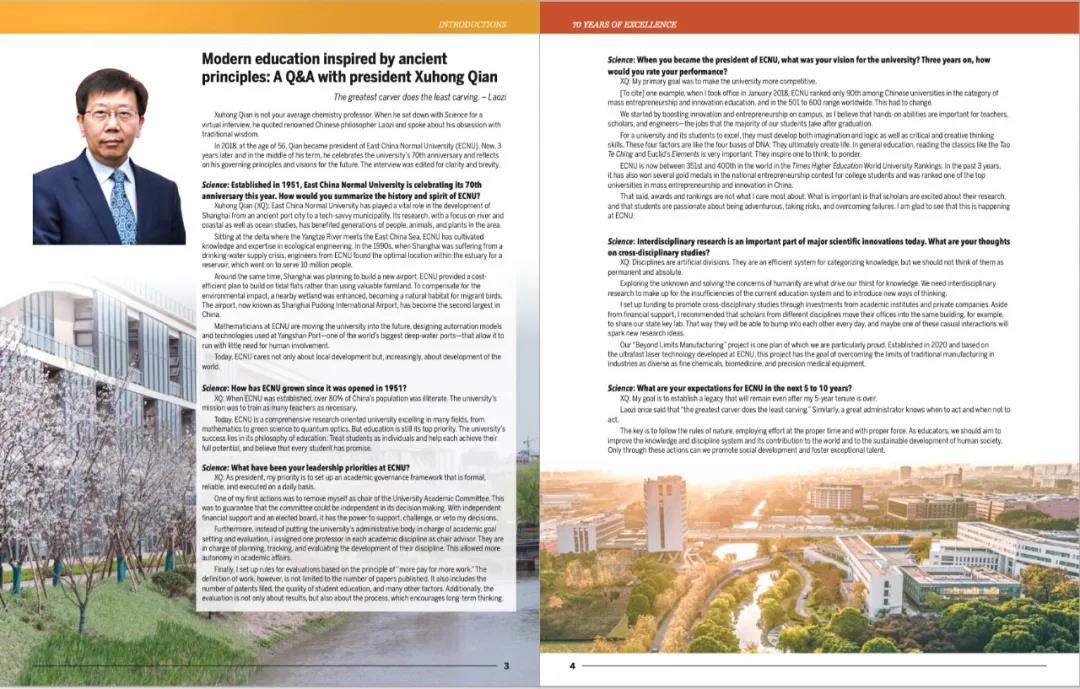
Science: Established in 1951, East China Normal University is celebrating its 70th anniversary this year. How would you summarize the history and spirit of ECNU?
Xuhong Qian (XQ): East China Normal University has played a vital role in the development of Shanghai from an ancient port city to a tech-savvy municipality. Its research, with a focus on river and coastal as well as ocean studies, has benefited generations of people, animals, and plants in the area.
Sitting at the delta where the Yangtze River meets the East China Sea, ECNU has cultivated knowledge and expertise in ecological engineering. In the 1990s, when Shanghai was suffering from a drinking-water supply crisis, engineers from ECNU found the optimal location within the estuary for a reservoir, which went on to serve 10 million people.
Around the same time, Shanghai was planning to build a new airport. ECNU provided a cost efficient plan to build on tidal flats rather than using valuable farmland. To compensate for the environmental impact, a nearby wetland was enhanced, becoming a natural habitat for migrant birds. The airport, now known as Shanghai Pudong International Airport, has become the second largest in China.
Mathematicians at ECNU are moving the university into the future, designing automation models and technologies used at Yangshan Port—one of the world’s biggest deep-water ports—that allow it to run with little need for human involvement.
Today, ECNU cares not only about local development but, increasingly, about development of the world.
XQ: When ECNU was established, over 80% of China’s population was illiterate. The university’s mission was to train as many teachers as necessary.
Today, ECNU is a comprehensive research-oriented university excelling in many fields, from mathematics to green science to quantum optics. But education is still its top priority. The university’s success lies in its philosophy of education: Treat students as individuals and help each achieve their full potential, and believe that every student has promise.
XQ: As president, my priority is to set up an academic governance framework that is formal, reliable, and executed on a daily basis.
One of my first actions was to remove myself as chair of the University Academic Committee. This was to guarantee that the committee could be independent in its decision making. With independent financial support and an elected board, it has the power to support, challenge, or veto my decisions.
Furthermore, instead of putting the university’s administrative body in charge of academic goal setting and evaluation, I assigned one professor in each academic discipline as chair advisor. They are in charge of planning, tracking, and evaluating the development of their discipline. This allowed more autonomy in academic affairs.
Finally, I set up rules for evaluations based on the principle of “more pay for more work.” The definition of work, however, is not limited to the number of papers published. It also includes the number of patents filed, the quality of student education, and many other factors. Additionally, the evaluation is not only about results, but also about the process, which encourages long-term thinking.
Science: When you became the president of ECNU, what was your vision for the university? Three years on, how would you rate your performance?
XQ: My primary goal was to make the university more competitive.
[To cite] one example, when I took office in January 2018, ECNU ranked only 90th among Chinese universities in the category of mass entrepreneurship and innovation education, and in the 501 to 600 range worldwide. This had to change.
We started by boosting innovation and entrepreneurship on campus, as I believe that hands-on abilities are important for teachers, scholars, and engineers—the jobs that the majority of our students take after graduation.
For a university and its students to excel, they must develop both imagination and logic as well as critical and creative thinking skills. These four factors are like the four bases of DNA: They ultimately create life. In general education, reading the classics like the Tao Te Ching and Euclid’s Elements is very important. They inspire one to think, to ponder.
ECNU is now between 351st and 400th in the world in the Times Higher Education World University Rankings. In the past 3 years, it has also won several gold medals in the national entrepreneurship contest for college students and was ranked one of the top universities in mass entrepreneurship and innovation in China.
That said, awards and rankings are not what I care most about. What is important is that scholars are excited about their research, and that students are passionate about being adventurous, taking risks, and overcoming failures. I am glad to see that this is happening at ECNU.
Science: Interdisciplinary research is an important part of major scientific innovations today. What are your thoughts on cross-disciplinary studies?
XQ: My goal is to establish a legacy that will remain even after my 5-year tenure is over.
Laozi once said that “the greatest carver does the least carving.” Similarly, a great administrator knows when to act and when not to act.
The key is to follow the rules of nature, employing effort at the proper time and with proper force. As educators, we should aim to improve the knowledge and discipline system and its contribution to the world and to the sustainable development of human society. Only through these actions can we promote social development and foster exceptional talent.

To read this issue in full, please click to download the PDF version from Science website:
Editor: Li Mengjie
